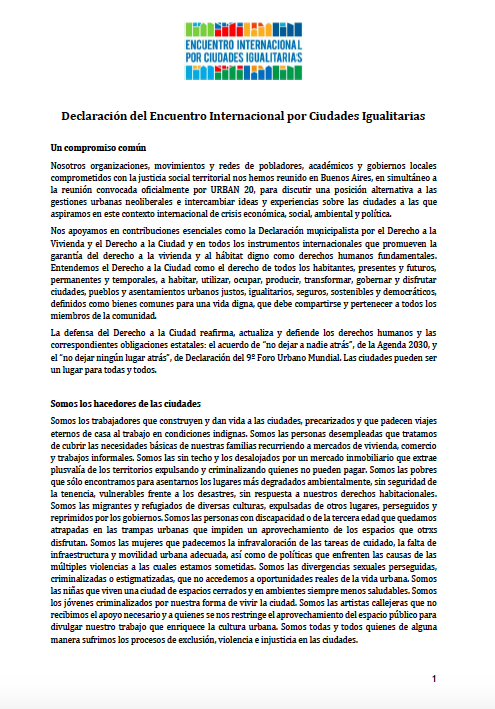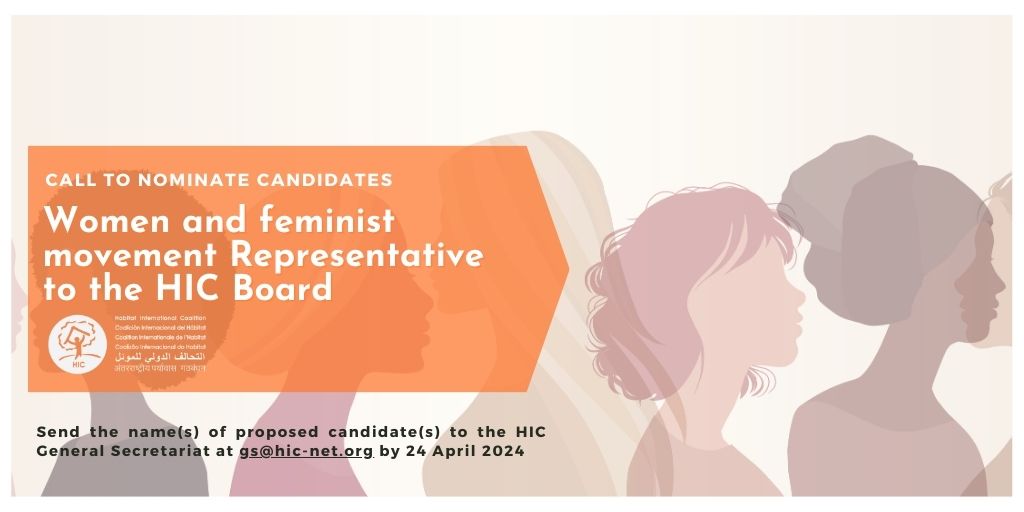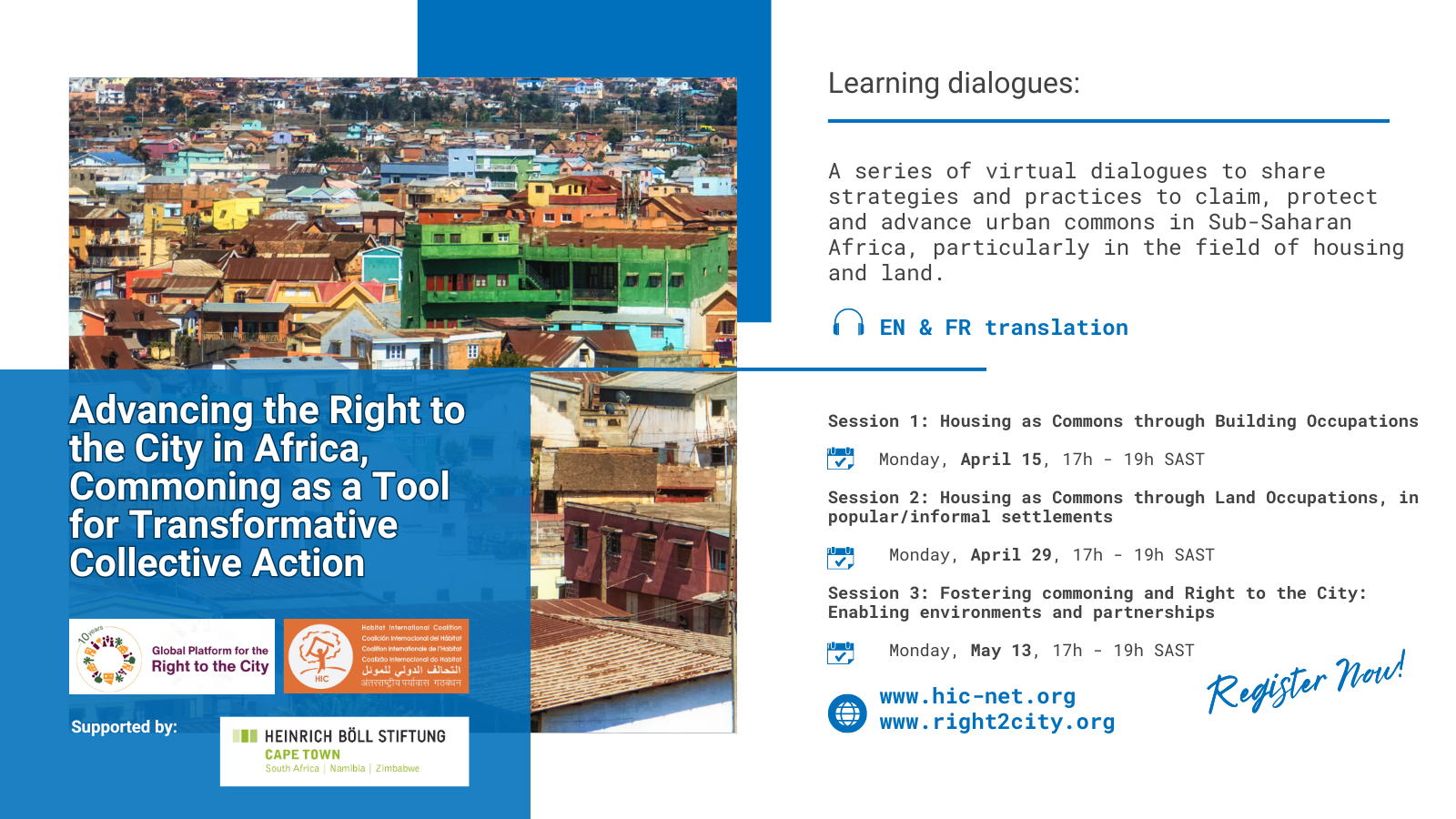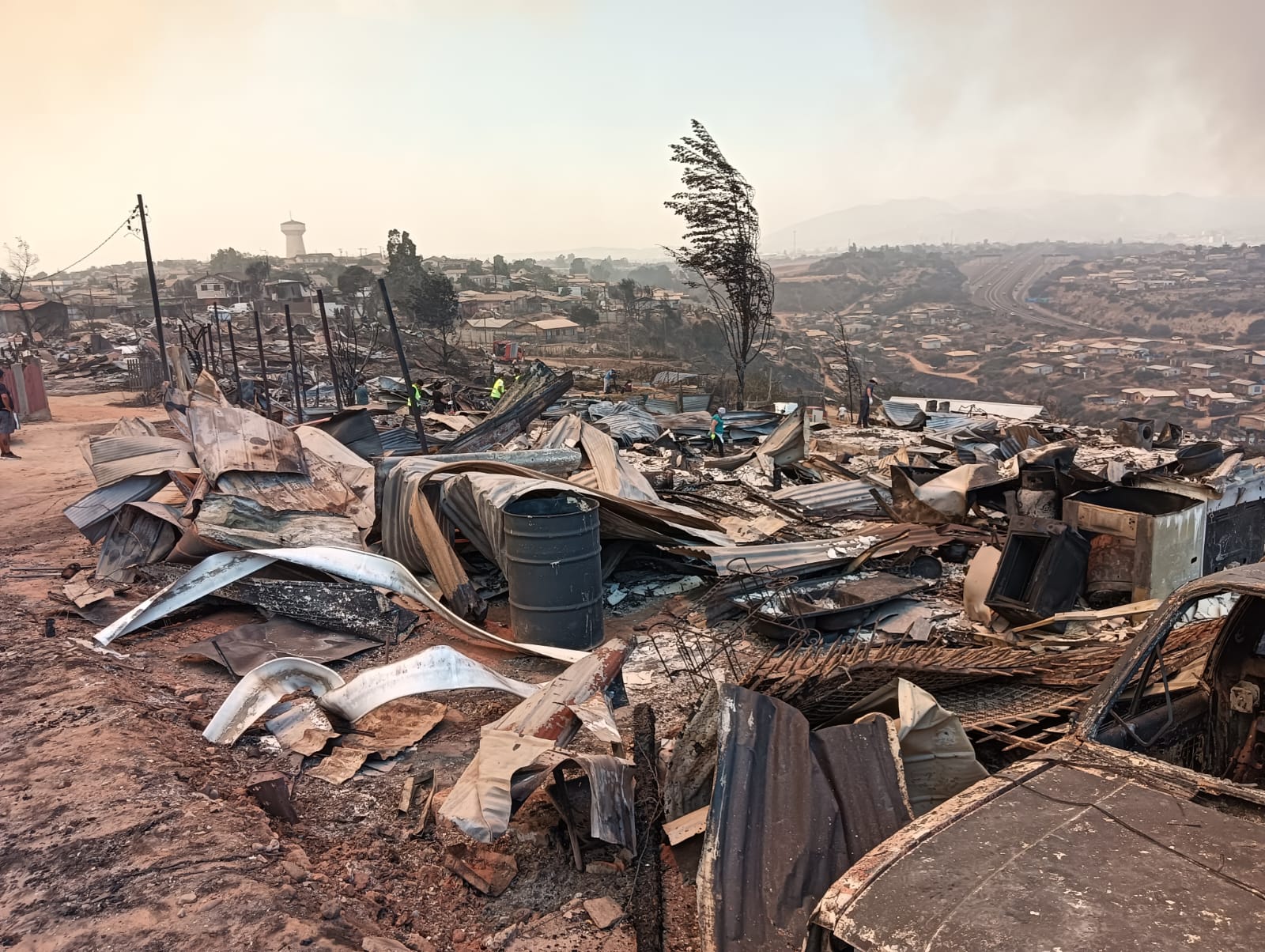There have been many actions to allow the local people to have an impact on different aspects of their urban environment for instance an active group lobbying the mayor against evictions and for affordable housing. There have been also concrete results from this struggle including a “Caf Associatif run by the neighbourhood people, a Pension de Famille or a form of subsidised group housing for those unwilling or unable to live independently, a small park, the rehabilitation of a large 19th century building etc.
In the large cities of the 21st century the citizen has fewer possibilities than ever to have a say concerning the urban environment and the housing problems. When the authorities decide to let speculators take over bits of the of the city the individual citizens usually have little means of controlling these actions as alone they have no power. The story of Urbanisme & Dmocratie in the 14th district in Paris is one of the notable exceptions. In this neighbourhood people grouped together and formed an association which for thirteen years among other things has fought against speculators and for more social housing and a better urban environment. They began by refusing to submit to the diktats of the city fathers who attempted to eliminate a promised green park in order to allow speculators to build and then became concerned with the problems of housing, and homelessness, of urban renovation and of local participation.
This association originated during a specific struggle over one green park but then took up other concerns in the neighbourhood. The first action evolved after the city had marked a city block, Bauer Thermopyle to become a green park but then, after having expropriated the inhabitants over a period of 15 years for this purpose, the city authorities then decided to allow the park to be replaced by high rise housing with no additional public facilities. This was in 1993. The neighbourhood reacted immediately to this scandal and the association Urbanisme and Democracy (Ude) was created. The first few years Ude led the struggle against the Bauer Thermopyle project by informing the population, holding meetings, writing petitions, and obtaining the support of many inhabitants. Little by little the city authorities were forced to cede ground. In 1995 a new project was presented; it was less dense than the first but still had no green park. There was a public enquiry[1] for this project. Usually this sort of enquiry goes through unnoticed by the majority of the inhabitants and receives little or no opposition. In this case the population was highly mobilised and the report of the commisaire-enqueteur or officer charged with studying the comments of the inhabitants was negative. The project of the city lacks any consideration of architecture or city planning. For the next five years, because of the agitation of Ude, the city was obliged to organise meetings with representatives of the neighbourhood. Several projects were presented with decreased density and finally they added a little park, the Jardin Thermopyle. In 2001 another enquete public was held in order to allow the city to expropriate a vacant lot belonging to a building that Ude had taken over, planted and used for different neighbourhood fiestas. The population again came out in large numbers to oppose this project and also to demand low cost public housing rather than the housing for the middle classes that was proposed. A few months later local elections were held and the municipal government changed hands for the first time in 25 years and a socialist was elected. After a while the new municipal government contacted the representatives of the neighbourhood and proposed three possible variations for the neighbourhood and meetings to discuss these variations. The result has been a compromise between the wishes of the neighbourhood and those of the city but in the long run the neighbourhood gained a park, the fiesta grounds and relatively low density housing with more public housing. Without the mobilisation of the population there would be high rise, high density housing and only a few public housing apartments.
[1] the possibility for the population concerned to give their opinion in writing




